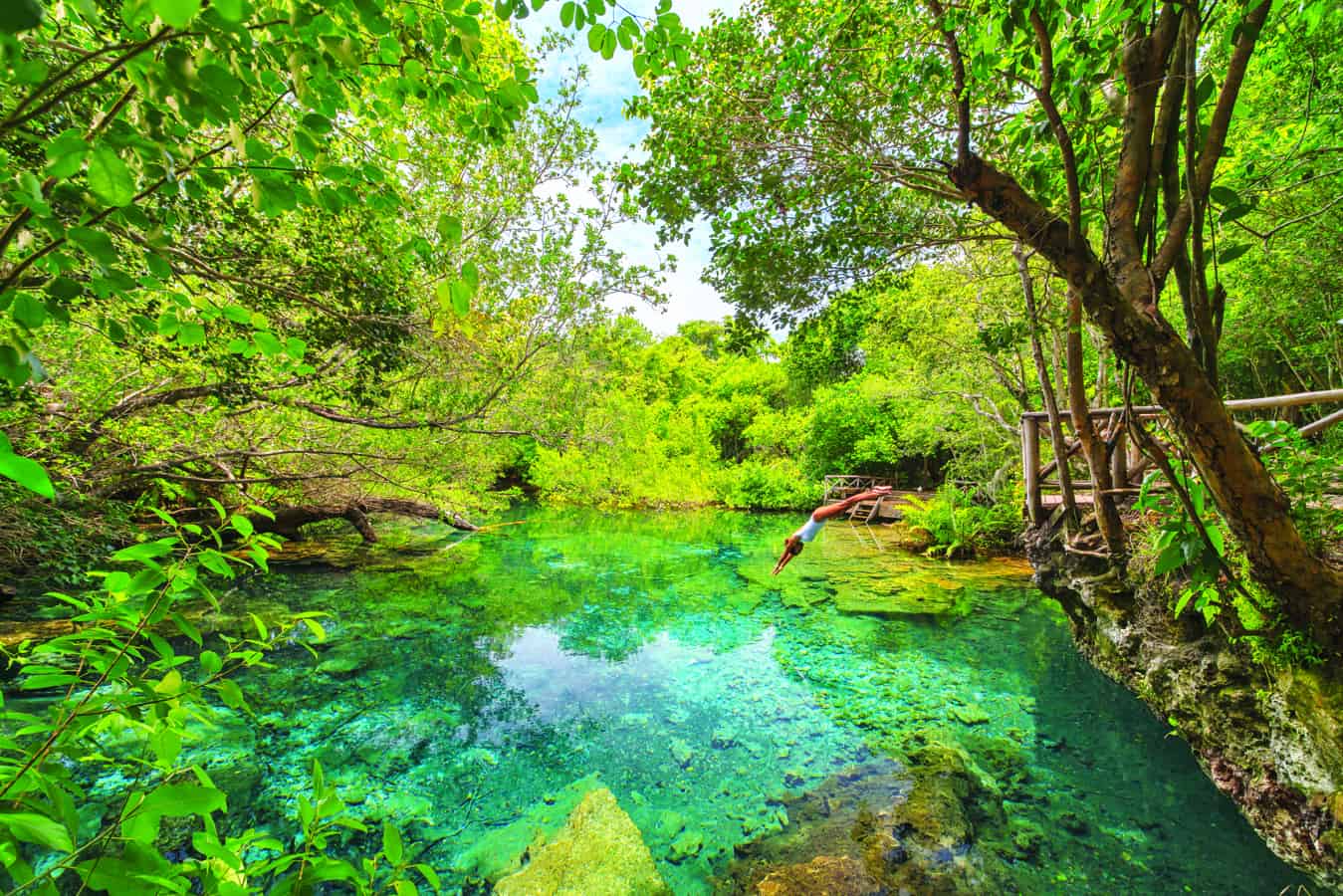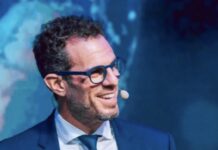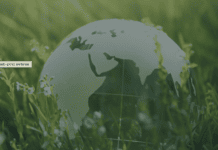
Forty years ago, today’s concept of sustainable development did not yet exist, but this didn’t stop the Puntacana Resort & Club from building a reserve that is considered a model for sustainability by today’s standards.
The Indigenous Eyes Ecological Park spans over 1,500 acres, offering a place for attendees to bask and recharge in wild places, and for researchers to conserve native and endangered species. It’s not uncommon for the pitter-patter of wildlife to be intermixed with the sounds of lagoon swimmers and the quiet buzz of guided Segway and 4X4 buggy tours, cyclists and hikers as they meander along a network of interactive trails. Although occupying just a sliver of the resort’s 26-mile turf, Indigenous Eyes offers insight into how one resort can create big (and profitable) sustainable change.
The reserve is maintained by the non-profit Puntacana Ecological Foundation, which works with the Partnership of Ecologically Sustainable Coastal Areas and researchers from Harvard, Virginia Tech, the University of Miami and others to develop sustainable development and tourism initiatives. “Zero Waste” is the most ambitious project to date among a long list of accomplishments—from coastal restoration and sustainable fisheries to conservation of endangered species. The ongoing program repurposes around 50 percent of all waste generated by the resort and its private airport. Consequently, it is an economic driver for local communities and hotels. The ultimate goal is to reach zero waste.
“The Puntacana Ecological Foundation has become one of the largest recycling programs by any company in the Dominican Republic,” explained Jake Kheel, VP of environment for Grupo Puntacana and executive director of the foundation, in a recent Harvard University article. “With the volume of recyclables we generate we helped to create a market for them that has encouraged dozens of hotels to begin recycling. It has also led to the creation of several companies dedicated to recycling and integrated waste management.”
Zero Waste is especially important to areas of the world, like the Dominican Republic, that rely on abounding natural capital to lure MICE groups. The foundation maintains a recycling center for residents and the resort’s three hotels—The Westin Puntacana Resort & Club, Tortuga Bay Hotel and Four Points by Sheridan Puntacana Village. Sustainable agricultural practices are also in full swing with the recycling of organic waste, and honey, herbs and veggies are sold to restaurants, locals and hotels.
With the volume of recyclables we generate we helped to create a market for them that has encouraged dozens of hotels to begin recycling.
A Circular Approach to Hospitality
Meetings (and tourism overall) create a lot of garbage, yet require seamless execution. This intensifies the need for well-rounded strategies that merge corporate goals with the finite resources that nature provides. Changing the way suppliers and buyers view waste is one piece of the puzzle. Kheel’s thoughts on the subject speak to a simple change that could kick-start the process. “We should no longer refer to materials as ‘garbage’ but rather as materials to encourage a different mindset for considering these materials as potentially useful.”
In the end, Zero Waste actually made the resort more internationally competitive while also reducing resort costs—both economic and social—by minimizing the purchase of unused materials, cutting down fees associated with waste haul and reducing the risk of food and water contamination. Corporate groups can also promote sustainability by rolling up their sleeves for a day of CSR at the Puntacana Foundation, or by making a little room for school and medical supplies in their luggage. All of the resort’s hotels work with Pack for a Purpose.










